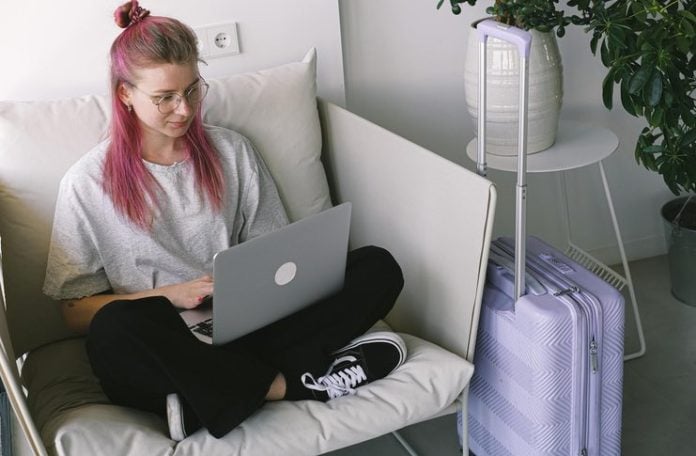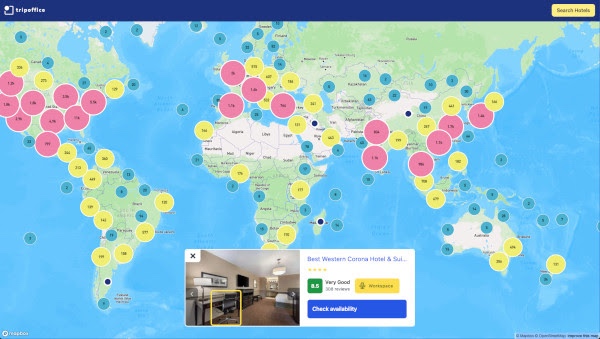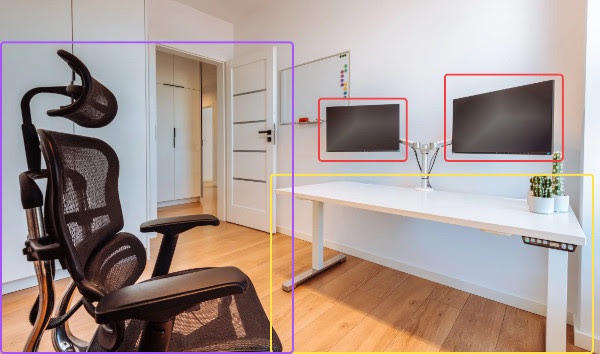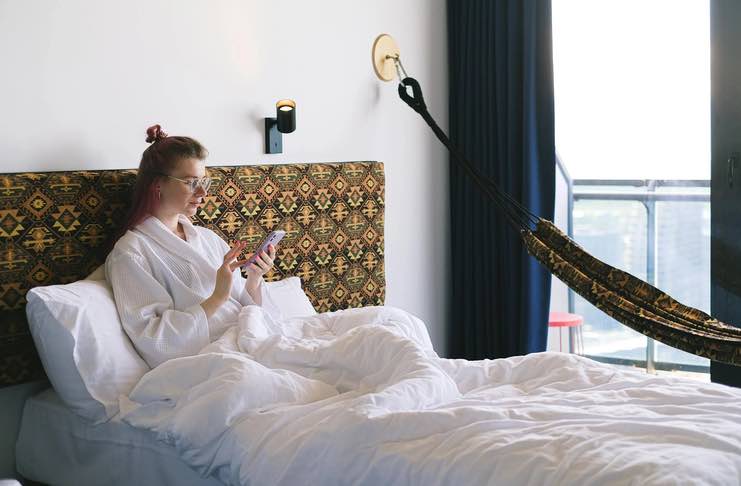
I’ve worked from cliffside bungalows in Bali, boutique hotels in Lisbon, and a converted monastery in Mexico. Some were incredible. Others? Let’s just say a shared WiFi connection with 20 backpackers streaming Netflix is a special kind of digital nomad nightmare. The right workation hotels can make or break your productivity. As part of our travel tips for digital nomads, here’s how to avoid the duds and land a place that actually works for work.
What Makes a Great Workation Hotel?
You need more than just “free WiFi” in the fine print. Many hotels slap that label on their listing, but a router from 2006 won’t keep up with your Zoom calls. A proper workation hotel should have:
- High-speed, reliable WiFi (Check reviews for speed tests!)
- Dedicated workspaces – in-room desks or on-site coworking areas
- Comfortable long-stay setup – ergonomic chairs, decent lighting, and noise control
- Business-friendly perks – meeting rooms, printing, strong coffee supply
- Proximity to cafes or coworking spaces for a change of scenery
I once booked a “digital nomad-friendly” hotel in Bangkok that looked promising online. Turns out, the “workspace” was a tiny wooden stool next to a flickering lamp. Lesson learned: never trust staged photos.
TripOffice: The Search Engine That Gets It Right
Let’s talk about a game-changer. TripOffice.com is the only search engine designed specifically to help digital nomads find workation hotels with dedicated workspaces. No more guessing if a hotel’s desk is actually a glorified nightstand.
On this map below, they’ve marked over 50,000 nomad-friendly hotels and vacation apartments, each featuring rooms equipped with ergonomic chairs and desks — perfect accommodations for a workation. You can find the complete map on their website.

How do they do it? First, they manually labeled about 1,000 hotel photos featuring ergonomic chairs, desks, and monitors. Then, they trained an AI model to scan hotel images and detect actual remote-work-friendly setups. Now, instead of wading through generic listings, you can filter hotels based on real workspace quality.

The best part? They’re planning to publish quarterly reports based on search data—things like the most popular workation destinations, average trip lengths, and emerging nomad-friendly locations. That kind of transparency is gold for anyone trying to plan their next base. If TripOffice existed five years ago, I might have skipped that Bangkok stool disaster 🙂

Budget Hacks for Long-Term Workations
Hotels can get pricey, but workation-friendly stays don’t have to drain your bank account. Here’s how I stretch my budget:
- Book directly through the hotel – Many hotels offer better rates (or perks like free breakfast) when you skip third-party platforms.
- Ask for a long-stay discount – If you’re staying for a few weeks, hotels are often willing to negotiate. I’ve scored 30% off just by emailing ahead. Read this Quora discussion for more tips.
- Use travel rewards – If you have a good travel credit card, use points to cover stays.
- Check coworking memberships – Some hotels offer discounts if you’re part of a coworking network like WeWork or Selina.
One time in Medellín, I stumbled upon a boutique hotel that gave free coworking access to guests. Not only was the WiFi solid, but the networking was unreal—I met a developer who ended up hiring me for a freelance project. Best “budget hack” ever.
For some more awesome travel budget hacks – watch this video by Taylor Wynn:
Common Red Flags at Workation Hotels
Some hotels market themselves as digital nomad-friendly but totally miss the mark. Watch out for these traps:
- “Free WiFi” without speed details – If the hotel won’t confirm the Mbps, assume the worst.
- Lack of dedicated workspaces – A lobby with a few coffee tables isn’t the same as a workspace.
- Unreliable housekeeping – Long-term stays mean you’ll need decent upkeep. Some budget hotels cut corners here.
- Hidden coworking fees – Some hotels charge extra for using their “workspace.” Always ask upfront.
I once booked a stay in Tulum where the WiFi only worked in the lobby—and even then, only if you stood next to the front desk. Picture me, laptop in hand, trying to finish an article while guests checked in. Never again.
Top Workation Destinations Right Now
If you’re looking for a workation hotel in a city that’s actually good for remote work, these spots are killing it right now:
- Lisbon, Portugal – Fast internet, tons of coworking spaces, and a strong nomad community.
- Chiang Mai, Thailand – Affordable, great coffee shops, and hotels catering to remote workers. Read this guide for more.
- Mexico City, Mexico – Fast-growing digital nomad hub with solid WiFi and amazing food.
- Tbilisi, Georgia – Cheap, fast internet, and one-year visa-free stays for many nationalities.
- Medellín, Colombia – Beautiful views, great weather, and reliable internet.
Watch this video for more ideas:
Each of these cities has real workation hotels, not just overpriced resorts pretending to be remote-friendly. Do your research, use TripOffice to vet workspace quality, and don’t settle for a glorified vacation rental with bad WiFi.
Final Thoughts
A workation hotel isn’t just about having a nice room—it’s about creating a space where you can actually be productive while enjoying the destination. I’ve made mistakes (many), but with the right tools and a bit of research, you don’t have to. If you’re serious about working remotely while traveling, skip the guesswork and find a place that actually works for you.









